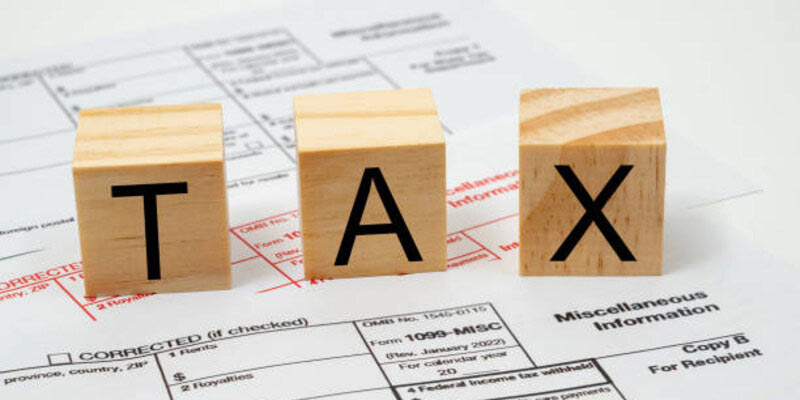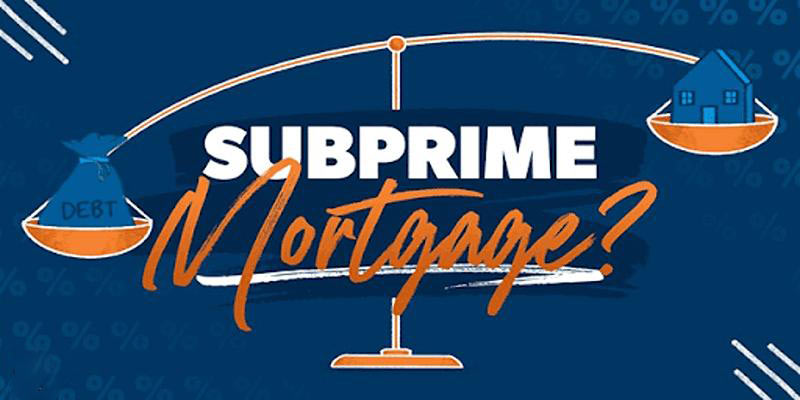How to Make Smart Financial Decisions as a Young Professional: Rent or Buy?
Jan 15, 2025 By Kelly Walker
Making smart financial decisions can be challenging for young professionals, especially when deciding whether to rent or buy. With all the variables involved, such as job security and plans, weighing your options carefully before deciding is essential.
Whether you're looking for an apartment or house, there are vital points to consider that will help you make the best choice for your budget and lifestyle. In this article, we will explore the pros and cons of renting versus buying so that you can decide which option is right for you.
Understand your financial situation
Before making any financial decision, it's essential to understand your current financial situation. This includes assessing your income, expenses, debt, and savings. Knowing how much you can realistically afford in terms of rent or mortgage payment will help narrow your options. Understanding the effects of taxes on your income and being able to calculate a budget are both essential for making a wise decision about renting or buying.
Consider the pros and cons of renting vs. buying
Renting can be an excellent option for those who need help with their plans or job security. It's typically less expensive in terms of initial costs, and you don't need to worry about repairs or maintenance. The downside is that you're often at the mercy of your landlord, and you won't have any equity in the property. In some cases, rent can be higher than a mortgage payment.
Buying a home is excellent if you plan on staying in the same place for several years and have stable employment. Owning your own house allows you to build equity, and you'll be able to change the property as desired. On the other hand, more costs are associated with buying a property, such as closing costs and maintenance expenses.
Research local housing markets to determine affordability

Before you decide on renting vs. buying, it's important to research local housing markets. Determine what type of housing is available in your area and the average price for rentals and purchases. Look at current trends to gauge whether costs are increasing or decreasing. This information will help you decide if renting or buying is more financially beneficial.
Calculate the costs associated with each option
Once you've researched, it's time to crunch the numbers. Calculate the monthly costs of renting and buying, including rent payments, mortgage payments, taxes, and closing costs. Investing in other expenses, such as insurance and utilities, is also essential. Compare these figures and decide which option is more financially feasible for you.
Weigh the potential risks
When deciding between renting and buying, it's also essential to consider the potential risks. Buying a home puts you at risk of losing money if there is an economic downturn. Renting doesn't offer any long-term security or stability. Weigh the pros and cons of both scenarios carefully before making a decision.
Analyze tax benefits for each option
Depending on your situation, tax benefits may be available if you buy a home. On the other hand, renting may offer more flexibility regarding taxes. Consider both options and contact a professional if you need help assessing which one best suits your needs.
Evaluate long-term goals and lifestyle needs
Your lifestyle and plans should be considered when deciding between renting or buying. Ask yourself if you'll need to move soon or your needs may change. Also, consider whether you'd prefer more flexibility or stability concerning housing. Evaluating your long-term goals and lifestyle needs can help you make the best decision.
Young professionals must make a smart financial decisions about renting or buying. Understanding your current financial situation, researching local housing markets, and evaluating potential risks are all essential steps to take before making a final decision. Consider the pros and cons of each option, analyze tax benefits, and assess your long-term goals and lifestyle needs to determine which choice is best for you.
Make a decision based on what works best for you financially, now and in the future

Ultimately, deciding based on what is best for you financially, now, and in the future is essential. Consider your budget and lifestyle needs before committing. If unsure, speak with a financial advisor or real estate agent who can provide valuable insight and advice. With the proper guidance, you can make a wise financial decision that works for you.
Conclusion
Deciding between renting or buying is a significant financial decision that should not be taken lightly. Taking the time to do your research and weigh all of your options will help you make an informed decision that works best for your situation. With careful consideration, saving strategies, and professional guidance, you can ensure that you're choosing the right option.
FAQs
What type of housing is available in my area?
The type of housing available in your area will depend on the local real estate market. Researching online to find out what rental or purchase options are available is a great place to start.
How do I calculate the costs associated with renting and buying?
Calculating the costs of renting and buying includes factoring in rent payments, mortgage payments, taxes, and closing costs. Other expenses, such as insurance and utilities, should also be considered.
Are there any tax benefits to either option?
Depending on your situation, tax benefits may be available if you buy a home or rent an apartment. Consult a professional to determine which option is more financially beneficial for you.
How can I make sure I'm making the best financial decision for my situation?
To make sure you're making the best financial decision for your situation, consider your budget and lifestyle needs, weigh the potential risks and rewards of each option, analyze tax benefits, and consult with a financial advisor or real estate agent for advice.

Call Loan: Your 101 Guide

How Home Construction Loans Work

Discover it Student Cash Back Credit Card: A Detailed Review

Best Egg Personal Loans Review

How to Avoid Penalty on Premature Withdrawal of Fixed Deposit?

Everything You Need to Know About Understanding Form 1099-MISC

A Comprehensive List of Lenders offering Affordable Motorcycle Loans

Best Mortgage Lenders Of 2023 If You Have A Bad Credit

Best LLC Filing Companies

